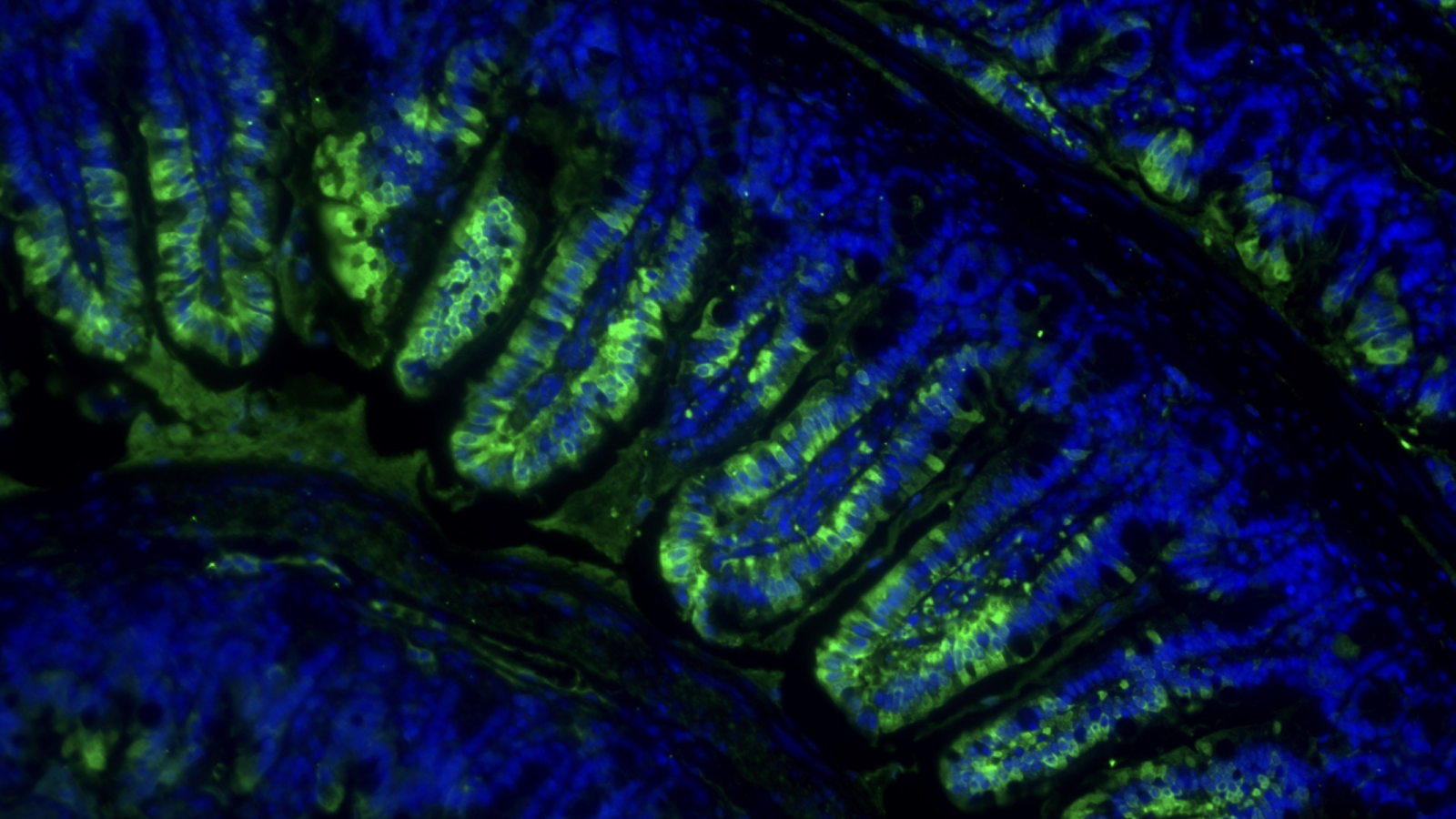Innovation Awards support bold research ideas aimed at reshaping the field of brain resilience and neurodegeneration. These awards provide up to $1.5 million in direct costs over three years, and are open to Stanford faculty from any research or clinical background, with a strong emphasis on cross-disciplinary proposals.
Why do mutant immune cells provide Alzheimer's resilience?
Researchers in the Jaiswal Lab discovered a surprising twist to our biology: Age-related mutations that increase the risk of blood disease also protect against brain disease. Published in Nature Medicine, this research provides clues to how to slow the progression of dementia.
Innovation Award applications are currently closed
Approximately one in 10,000 individuals reaches age 100 cognitively unscathed—seemingly resilient to the effects of time. The Phil and Penny Knight Initiative for Brain Resilience seeks to emulate this sidestepping of the aging process and raise the hope of reversing brain aging altogether.
Approximately one in 10,000 individuals reaches age 100 cognitively unscathed—seemingly resilient to the effects of time. The Phil and Penny Knight Initiative for Brain Resilience seeks to emulate this sidestepping of the aging process and raise the hope of reversing brain aging altogether.
